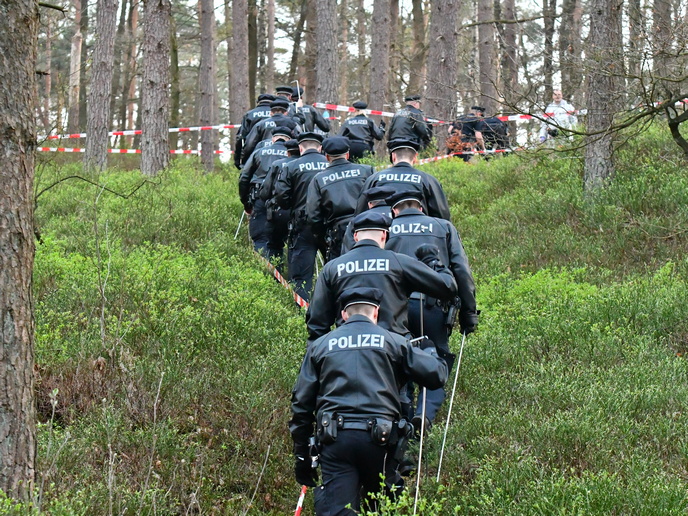Bridging human rights and the fight against terrorism
The DETECTER (Detection technologies, terrorism, ethics and human rights) project combined applied ethical and legal research with dialogue for maximum impact on the design and use of related products. Teaming up with a global network of technology users and developers, partners addressed the increasingly international character of counter-terrorism, increasing use of informal mechanisms to meet its threat, and the wide range of detection technologies and their uses. Specifically, they investigated the particular moral and legal risks of using various detection technologies related to counter-terrorism. DETECTER members explored ethical norms of counter-terrorism, unilateral exceptions to international law as related to terrorism, and pre-entry screening immigration in EU Member States and the responsibilities of airlines. Other focal areas included the internet and search criteria as well as data mining technologies. Interviews and focus groups were conducted with counter-terrorism professionals exploring their understanding and application of ethics and human rights in their work. Project as a whole resulted in proposals on how to avoid human rights infringements and safeguards for the use of surplus information. Regarding the monitoring of detection technology usage, DETECTER examined the capabilities of European and global institutions to scrutinise and control secret state counter-terrorism methods. It also investigated the human rights risks of selected detection technologies such as video surveillance, biometrics, audio bugging, global positioning systems and radio frequency ID tags. The team engaged the theoretical expertise of its partners with the judgements of law enforcement officials as to what technologies and laws are effective against terrorism as well as developers' understanding of what is technically possible and marketable. A final project conference helped to disseminate findings and new knowledge to stakeholders. Deliverables include a comprehensive set of technology reviews and an annotated bibliography of sources (available on the website). Research papers elaborate on, among other topics, human rights norms in the fight against terrorism, humanitarian visas, and law and policy approaches related to human rights norms. The last paper offers eight policy recommendations aimed at correcting inadequacies and deficiencies in the EU's counter-terrorism policy. DETECTER helped mark the balance between a need to save lives and protect the public with overstepping the right to privacy. It has also contributed to better informed ethical and legal research, with overall developments promising to help strengthen counter-terrorism while adhering to European values and ethics.
Keywords
Human rights, terrorism, law enforcement, counter-terrorism, detection technologies







